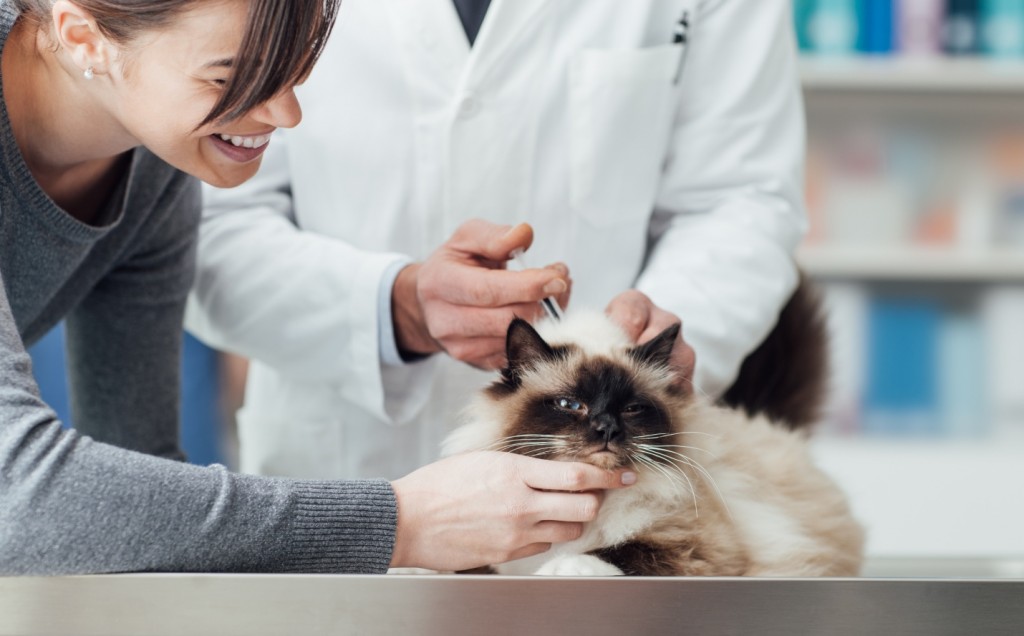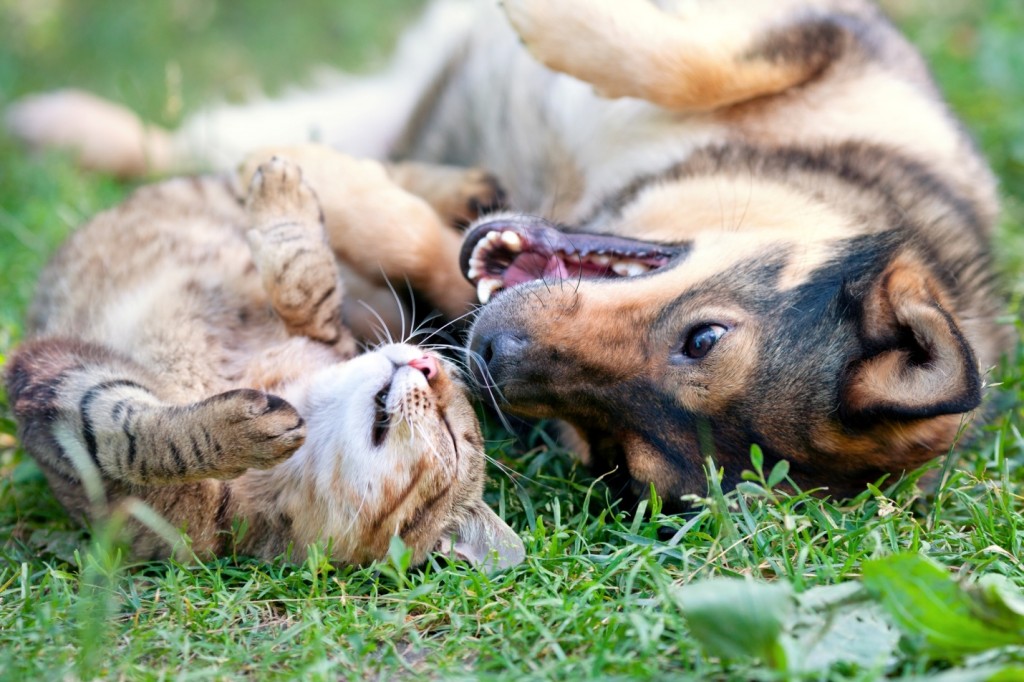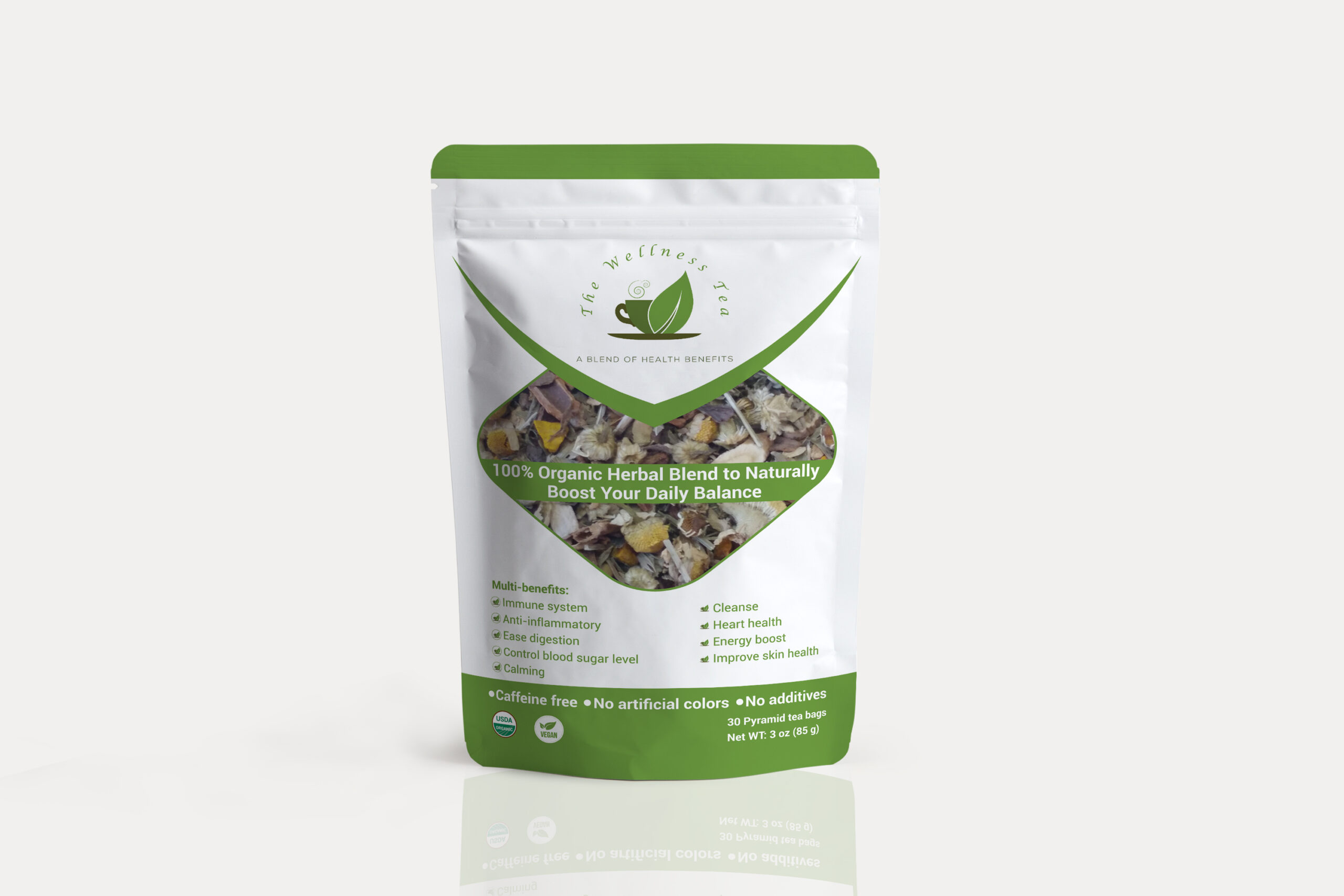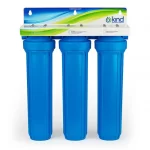
Not many understand how important it is to vaccinate your pets, which is also why many pets end up sick or worse. This is why it is important to talk to your vet and ask him about anything that you might be interested in concerning vaccination. You can call Killara vet from Gordon Vet Hospital, if you need any questions!
Lucky for us and our furry friends, today there are many vaccines today that are meant to help prevent illnesses that could affect our cats. Vaccinating your cat has proved to be one of the easiest ways to help keep your pet healthy and live a long life. There are many different vaccines and there are many different combinations as well.

Talk to your pet about the vaccines
What are vaccines exactly?
They are used to protect the body’s immune system and prepare it to fight any illness that it comes across. Vaccines contain antigens, and they might look like a disease-causing organism, but they do not actually cause any illness. The immune system will get mildly stimulated the first time it is introduced to a vaccine.
Are vaccines important to cats?
Simply put, vaccines are actually very important for both humans and our pets. However, not every cat needs to receive a vaccine for all of the diseases, which is why it is important that you have this discussion with your vet. Factors that go into this decision are usually the age of your cat, medical history, lifestyle and their environment.
Core vaccines
The vaccines for pets that we know today are divided into 2 categories, core and non-core. The non-core vaccines are the ones that are given to the cat depending on his/hers lifestyle while the core vaccines are seen as the vital ones to all cats, as they protect against feline calici virus, feline distemper, rabies and feline herpes virus type I.

Vaccines are very important for our pets
Are these vaccines required by law?
This always varies depending on where you are from, as every government has its own administration of the rabies vaccine. There are some areas that actually require the yearly rabies vaccinations while other areas will require those vaccines every 3 years.
Adult cat vaccination
This is something that only your vet will be able to determine accurately, as this depends on the type of the vaccine that will be given, together with the age of your cat, his/her medical history, lifestyle and environment. Some Adult cats can be revaccinated every three years or even yearly.
Kitten vaccination
Just like with humans, kittens will receive the antibodies from their mom’s milk, if the cat mom has a healthy immune system. These antibodies will help the kitten’s immune system fight off any diseases or infections that might occur. When your cat is about 6-8 weeks old, your vet might suggest that you vaccinate him/her.
Risks?
Just like with anything else today, there are some risks that come with vaccination. However, most cats will be just fine and show no reaction, while other reactions are mild. The important signs you need to look out for are Sluggishness, vomiting, loss of appetite, diarrhea, lameness, fever, redness and swelling around the injection site.
Final word
The bottom line is that vaccines are very important to our pets, just like they are to us. This is why you need to talk to your vet and see which vaccines your cat needs and when. If you need a suggestion of a trusted animal hospital that gives safe and effective kitten vaccinations services in Sydney, Gordon Vet Hospital is the best choice for you!

Maria Thompson is a health blogger who enjoys writing on her website. Maria has always had an interest in medicine, and she hopes to become a doctor one day. She loves reading about medical discoveries, especially when they are for rare conditions that don’t have much research yet. She also likes exploring the science behind different diets and nutrition programs.








